Thomas Cook, the UK-based airline and tour operator which collapsed on Monday morning, is the latest casualty in a European travel industry going through a brutal shake-out.
It follows Air Berlin, Monarch and many others which have disappeared in recent years and there are several walking wounded that may join them in due course.
Thomas Cook was a sizeable operation with a fleet of just over 100 aircraft (Ryanair has about 450, Aer Lingus about 60) and subsidiaries around continental Europe. There will be 21,000 job losses, 9,000 in the UK including hundreds in Northern Ireland where the company operated 13 branches.
Its Dublin branch on Grafton Street closed 10 years ago and it had no operations in the Republic, but Belfast airport will take a hit – the company served eight holiday routes from Aldergrove.
The UK authorities are arranging to ferry home any Thomas Cook passengers stranded abroad – the liquidation was sudden, although not unexpected, and an airline which goes insolvent loses its operating licence immediately.
The aircraft leasing companies are already repossessing their (thankfully very mobile) assets
People who have paid in advance for holidays, or just for flights, will also be in line for refunds. It is fair to ask why a less dramatic wind-down could not have been arranged but airlines always seem to go wallop in disorderly fashion.
The aircraft leasing companies are already repossessing their (thankfully very mobile) assets, and the remains of the company will be flogged off.
Meanwhile, the news media have handy material in the stranded passenger narratives, delivered from Corfu and Orlando by smartphone, with less attention to the 21,000 facing the dole.
The ailing company sought a government bailout which was declined
The repatriation of 150,000 inconvenienced holidaymakers has already been compared to the evacuation of Dunkirk in 1940 when 300,000 survivors made it home in rather less comfortable circumstances, a testament to the capacity of the news media to trivialise.
The ailing company sought a government bailout which was declined, and most people will agree instinctively that governments cannot prop up every commercial business which gets into trouble.
But the customers instead of the company are getting bailed out, and at colossal expense – hiring in substitute aircraft will cost £100m, paid out of a tour operator’s rescue fund or by the taxpayers.
Pre-payment
The reason for the customer bailout is pre-payment. The travel and airline industries are peculiar in that the public provide free working capital, paying for holidays and tickets weeks or months in advance.
You don’t have to provide free customer credit to Tesco or Supervalu. Whether through the tour industry’s refund scheme or the willingness of governments to use taxpayer money, the credit risk borne through pre-payment is mutualised.
Even those with short memories will recall that this is the same procedure used when Irish insurance companies went bust – insurers enjoy upfront receipts for premiums and can appear to have adequate cash though in reality they are insolvent. When they go bust the insurance compensation fund steps in and nobody is left without cover. The policyholders, like stranded passengers, are flown home for free, so to speak.
Bank depositors also get special protection when banks go bust, and for similar reasons.
The supervision of travel companies and airlines has been focused more on safety than on creditworthiness
But the extensive bailouts of banks and insurance companies after the financial crash were followed by attempts to ensure tighter supervision – in Ireland, the Central Bank is taking a far closer interest in the capital adequacy and liquidity of the firms it licenses to operate.
The supervision of travel companies and airlines has been focused more on safety than on creditworthiness, even though these companies are taking deposits from the public, just like banks.
There will be more insolvencies of holiday companies and airlines. The chief executive of Ryanair, Michael O’Leary, predicted a few years back that Europe’s current roster of close to 100 airlines would eventually shrink to no more than five or six, and the most recent collapse lends credibility to that forecast.
It is relatively easy to start an airline, or a tour operator – not much capital is needed.
The airline can lease the aircraft, the tour operator rents hotels and does not need to own them.
The bailouts of stranded passengers are not financed by the tooth fairy
Both can access working capital provided by customers through advance bookings. The result is fragile competitors, a public expectation that nobody should lose when their faith in these companies is misplaced, and bailouts when things go wrong.
The bailouts of stranded passengers are not financed by the tooth fairy.
They are paid for by taxpayers or the customers of solvent travel companies, whose contributions to the industry fund are used to fly people home or to refund forward bookings.
When insurance companies in Ireland went bust, there were complaints that the cost of meeting dishonoured claims fell on customers of well-run companies.
Perhaps licences to operate airlines, or insurers, and take free credit from customers, should be dispensed more sparingly.
Read more
Consumer: to tap or not to tap?
Trust starts with truth and ends with truth
Thomas Cook, the UK-based airline and tour operator which collapsed on Monday morning, is the latest casualty in a European travel industry going through a brutal shake-out.
It follows Air Berlin, Monarch and many others which have disappeared in recent years and there are several walking wounded that may join them in due course.
Thomas Cook was a sizeable operation with a fleet of just over 100 aircraft (Ryanair has about 450, Aer Lingus about 60) and subsidiaries around continental Europe. There will be 21,000 job losses, 9,000 in the UK including hundreds in Northern Ireland where the company operated 13 branches.
Its Dublin branch on Grafton Street closed 10 years ago and it had no operations in the Republic, but Belfast airport will take a hit – the company served eight holiday routes from Aldergrove.
The UK authorities are arranging to ferry home any Thomas Cook passengers stranded abroad – the liquidation was sudden, although not unexpected, and an airline which goes insolvent loses its operating licence immediately.
The aircraft leasing companies are already repossessing their (thankfully very mobile) assets
People who have paid in advance for holidays, or just for flights, will also be in line for refunds. It is fair to ask why a less dramatic wind-down could not have been arranged but airlines always seem to go wallop in disorderly fashion.
The aircraft leasing companies are already repossessing their (thankfully very mobile) assets, and the remains of the company will be flogged off.
Meanwhile, the news media have handy material in the stranded passenger narratives, delivered from Corfu and Orlando by smartphone, with less attention to the 21,000 facing the dole.
The ailing company sought a government bailout which was declined
The repatriation of 150,000 inconvenienced holidaymakers has already been compared to the evacuation of Dunkirk in 1940 when 300,000 survivors made it home in rather less comfortable circumstances, a testament to the capacity of the news media to trivialise.
The ailing company sought a government bailout which was declined, and most people will agree instinctively that governments cannot prop up every commercial business which gets into trouble.
But the customers instead of the company are getting bailed out, and at colossal expense – hiring in substitute aircraft will cost £100m, paid out of a tour operator’s rescue fund or by the taxpayers.
Pre-payment
The reason for the customer bailout is pre-payment. The travel and airline industries are peculiar in that the public provide free working capital, paying for holidays and tickets weeks or months in advance.
You don’t have to provide free customer credit to Tesco or Supervalu. Whether through the tour industry’s refund scheme or the willingness of governments to use taxpayer money, the credit risk borne through pre-payment is mutualised.
Even those with short memories will recall that this is the same procedure used when Irish insurance companies went bust – insurers enjoy upfront receipts for premiums and can appear to have adequate cash though in reality they are insolvent. When they go bust the insurance compensation fund steps in and nobody is left without cover. The policyholders, like stranded passengers, are flown home for free, so to speak.
Bank depositors also get special protection when banks go bust, and for similar reasons.
The supervision of travel companies and airlines has been focused more on safety than on creditworthiness
But the extensive bailouts of banks and insurance companies after the financial crash were followed by attempts to ensure tighter supervision – in Ireland, the Central Bank is taking a far closer interest in the capital adequacy and liquidity of the firms it licenses to operate.
The supervision of travel companies and airlines has been focused more on safety than on creditworthiness, even though these companies are taking deposits from the public, just like banks.
There will be more insolvencies of holiday companies and airlines. The chief executive of Ryanair, Michael O’Leary, predicted a few years back that Europe’s current roster of close to 100 airlines would eventually shrink to no more than five or six, and the most recent collapse lends credibility to that forecast.
It is relatively easy to start an airline, or a tour operator – not much capital is needed.
The airline can lease the aircraft, the tour operator rents hotels and does not need to own them.
The bailouts of stranded passengers are not financed by the tooth fairy
Both can access working capital provided by customers through advance bookings. The result is fragile competitors, a public expectation that nobody should lose when their faith in these companies is misplaced, and bailouts when things go wrong.
The bailouts of stranded passengers are not financed by the tooth fairy.
They are paid for by taxpayers or the customers of solvent travel companies, whose contributions to the industry fund are used to fly people home or to refund forward bookings.
When insurance companies in Ireland went bust, there were complaints that the cost of meeting dishonoured claims fell on customers of well-run companies.
Perhaps licences to operate airlines, or insurers, and take free credit from customers, should be dispensed more sparingly.
Read more
Consumer: to tap or not to tap?
Trust starts with truth and ends with truth




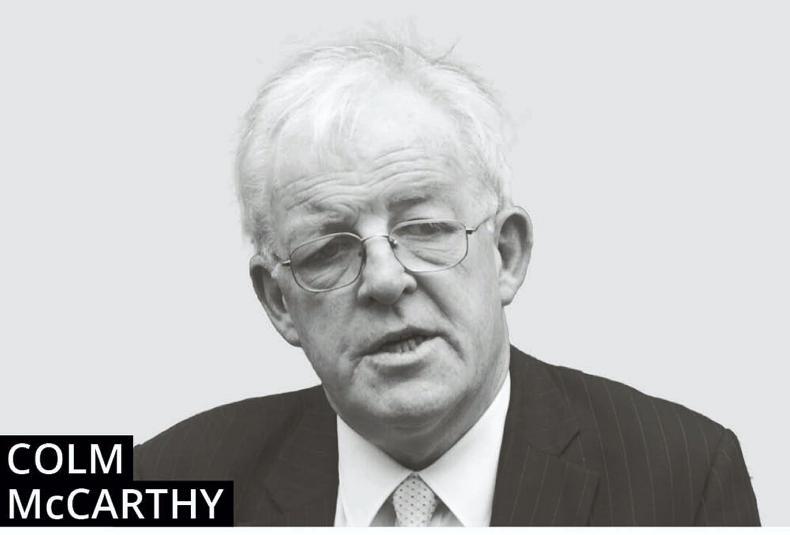
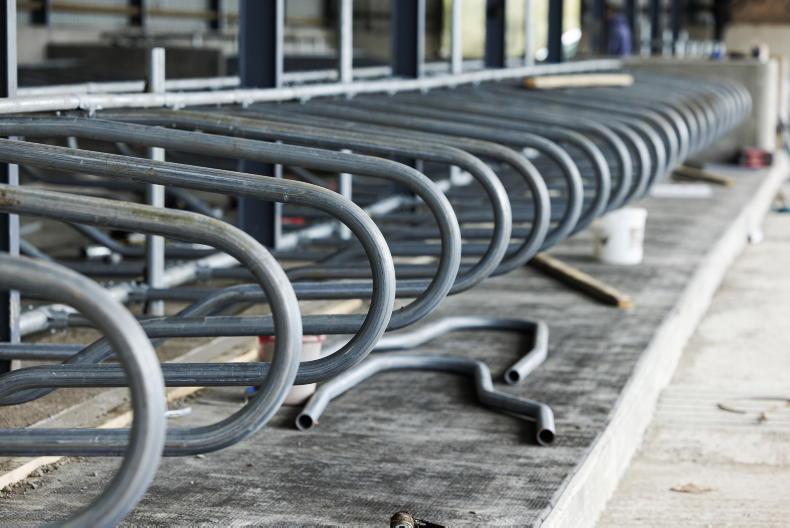

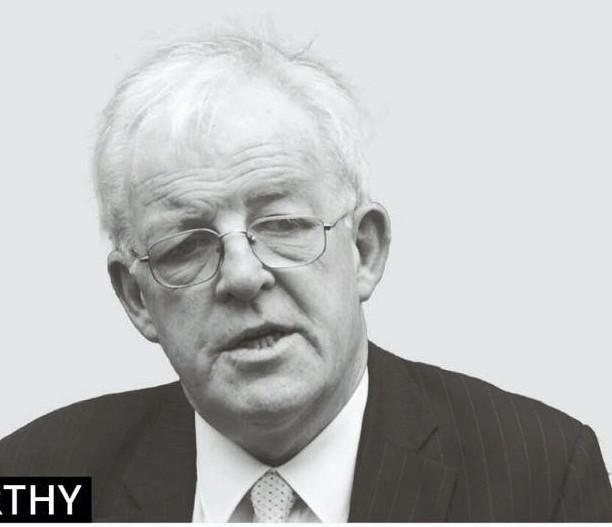
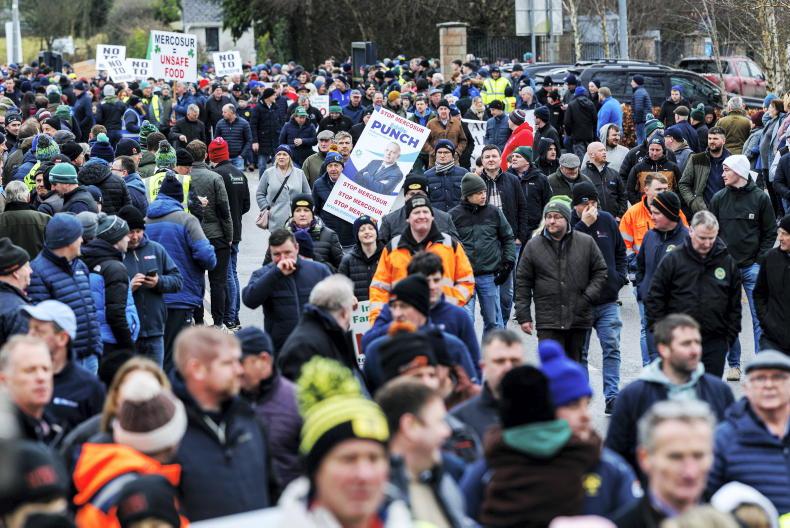
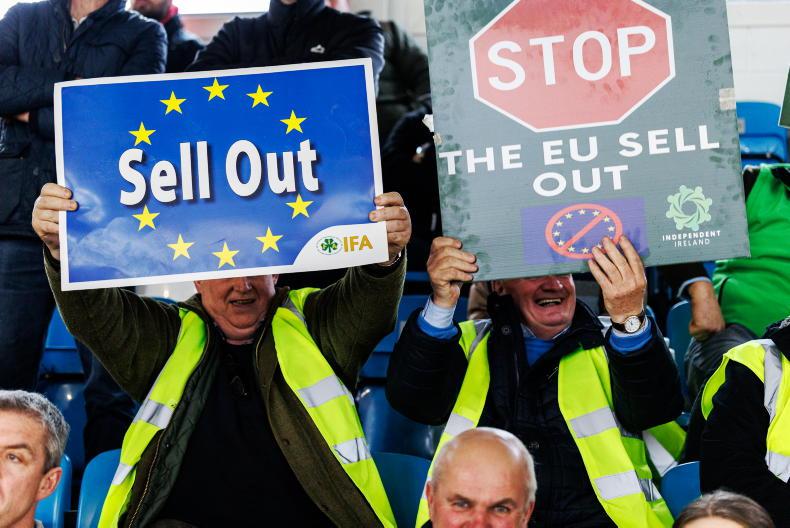
SHARING OPTIONS